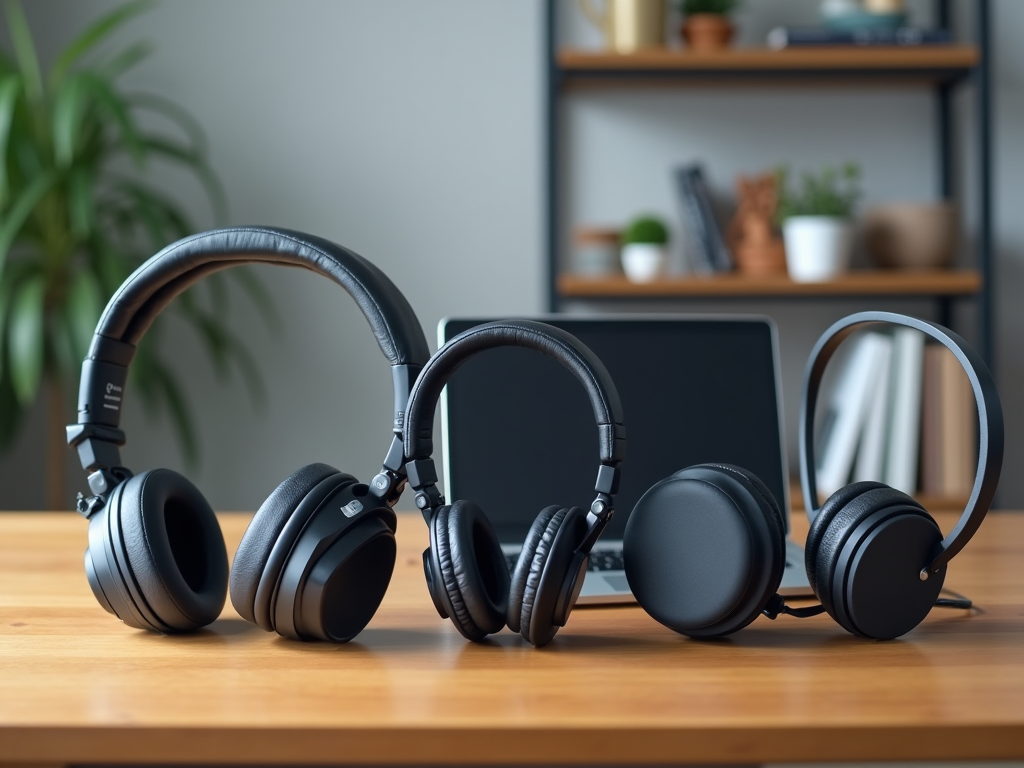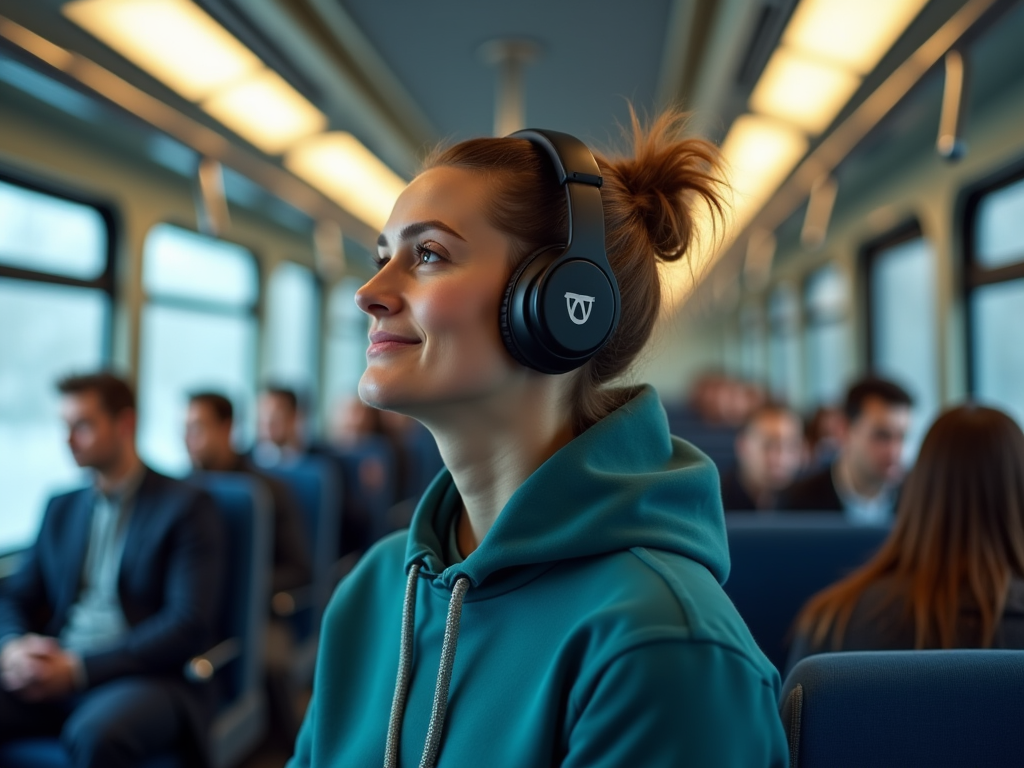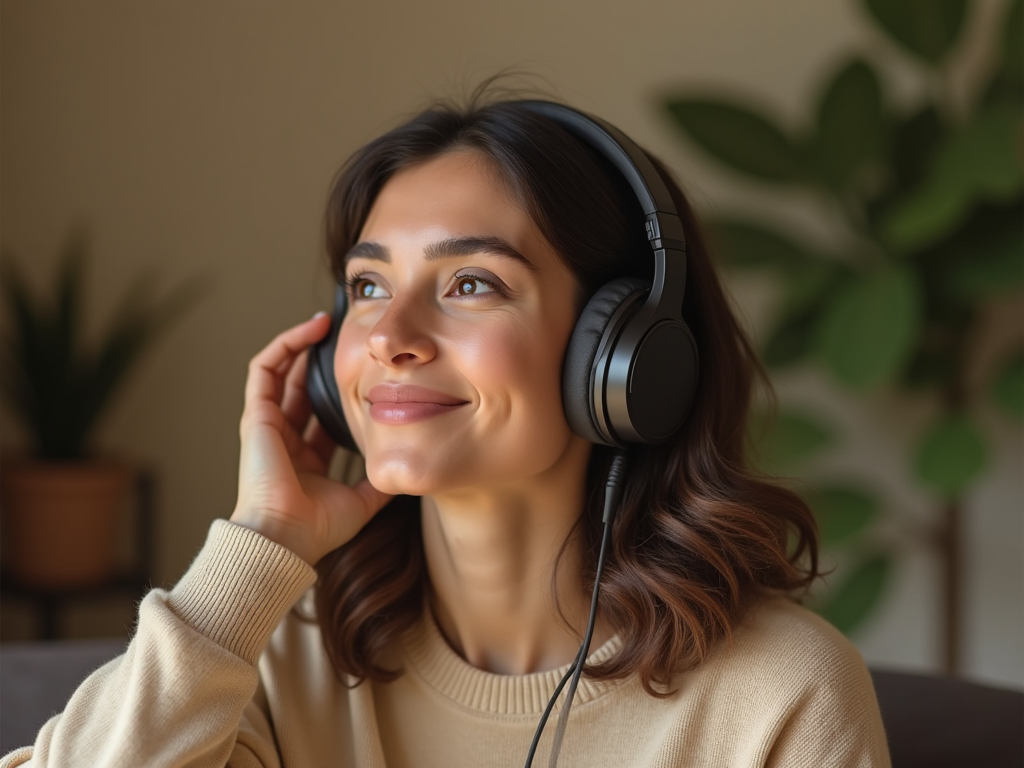Headphones have become an essential accessory in our daily lives, found in the bags of commuters, the homes of audiophiles, and the setups of gamers. The right choice can transform your listening experience, whether you’re enjoying your favorite tunes, diving into a gripping podcast, or immersing yourself in a video game. However, the market is saturated with options, making it crucial to approach the selection process with a keen understanding of your personal requirements. By carefully evaluating various criteria, you can ensure that your new headphones meet both your listening needs and lifestyle preferences. Let’s explore the essential factors to consider, so you can find the perfect pair that resonates with your auditory desires.
Understanding Your Listening Needs

Identifying how and when you intend to use your headphones is key. Music lovers may prioritize sound quality, while gamers might seek features that enhance immersion. Think about the environments in which you’ll be using the headphones—will you be at home, in transit, or amidst the bustle of a cafe? Understanding these factors can guide you to the right style and features. Knowing whether you’ll use them predominantly for casual listening or professional work can also influence your choice. It’s all about finding the perfect balance tailored to your lifestyle.
Types of Headphones

Headphones come in various forms, each possessing unique advantages suited to different situations. Generally, they can be categorized into three main types: over-ear, on-ear, and in-ear. Choosing the right type can greatly enhance your experience. Here’s a closer look at what each type has to offer:
- Over-Ear Headphones: These models surround your ear and typically offer superior sound quality and comfort, making them ideal for long listening sessions.
- On-Ear Headphones: Generally lighter and more portable than over-ear headphones, these rest on the ears and provide a more compact option.
- In-Ear Headphones: Perfect for travel, they fit snugly in your ear canal, ensuring good noise isolation although they may be less comfortable for prolonged use.
| Type | Sound Quality | Portability | Comfort |
|---|---|---|---|
| Over-Ear | Excellent | Low | High |
| On-Ear | Good | Medium | Medium |
| In-Ear | Fair to Good | High | Low to Medium |
Sound Quality
Sound quality stands out as a crucial factor to consider in the headphone-selection process. Look closely at the frequency range specification, as this determines how well the headphones reproduce various audio frequencies. A broader frequency range typically results in a more balanced sound, catering to both deep bass and crisp highs. Equally important is the impedance rating, which influences how the headphones handle power. Lower impedance headphones are more portable device-friendly, while higher impedance ones can thrive when paired with amplifiers. Assessing these factors will guide you toward a product that satisfies your desire for high-fidelity audio.
Comfort and Fit
Comfort can make or break your experience, especially if you intend to listen for extended periods. Prioritize padding quality and the clamping force of the headphones. Well-padded ear cups can significantly contribute to comfort, while a proper clamping force ensures a snug fit without excessive pressure. Additionally, consider the weight of the headphones; lighter models usually feel more comfortable during long sessions. Finding the optimal fit may require trying a few different models to see which design suits you best. This personal preference is crucial in choosing headphones that you won’t mind wearing throughout the day.
Battery Life and Connectivity
For those leaning toward wireless options, battery life takes center stage in the selection process. It’s essential to determine how long the headphones can function on a single charge, as no one wants to be interrupted by a battery outage during a critical moment. Furthermore, evaluate whether the headphones support fast charging options. Connectivity features also play a vital role; ensure they utilize modern options like Bluetooth, NFC, or even USB compatibility for convenient pairing. A good understanding of these features can enhance your overall user experience.
Features and Technology
Modern headphones are often packed with advanced features that can elevate the listening experience. Some compelling options to consider include:
- Active Noise Cancellation: This technology is invaluable for commuters or anyone in noisy environments, helping you maintain focus.
- Ambient Mode: For those situations when you need to hear your surroundings, this feature lets external sounds in without removing the headphones.
- Integrated Microphone: A built-in mic allows for hands-free calls, which is a must-have for convenience while on the move.
Budget Considerations
Your budget will play a pivotal role in your decision-making process. Headphones come in a wide price range, and while higher prices often correlate with better quality, it’s not an absolute rule. Before diving into the market, set a budget and prioritize which features matter most to you. Whether you’re looking for high-end models or more budget-friendly options, understanding the value of each feature will guide you in making a wise investment. Remember that sometimes, the right choice lies outside the top-rated models.
Conclusion
Finding the perfect headphones is an intricate process that involves assessing various factors, from sound quality and comfort to specific features that suit your lifestyle. By understanding your listening needs and exploring the available options, you can ensure that your choice enhances your auditory experience rather than detracting from it. Investing time in research will pay off in the form of satisfaction in the long run. Whether for leisure, professional use, or gaming, the right headphones can make all the difference, seamlessly integrating into your life and offering the sound quality you have always desired.
Frequently Asked Questions
- What type of headphones are best for travel? In-ear headphones are the best option for travel due to their compact size and lightweight design.
- Are expensive headphones worth the investment? Higher-priced headphones often offer better sound quality and additional features, but it ultimately depends on personal preferences and usage.
- What features should I look for in gaming headphones? Look for headphones with a good microphone, comfortable fit, surround sound capabilities, and additional controls for volume and chat balance.
- Can I use wired headphones while exercising? Yes, but consider using wired headphones with a tangle-free design or secure fit to avoid disruptions during your workout.
- Is it worth getting noise-cancelling headphones? Yes, if you often find yourself in noisy environments, noise-cancelling headphones can significantly enhance your listening experience.



